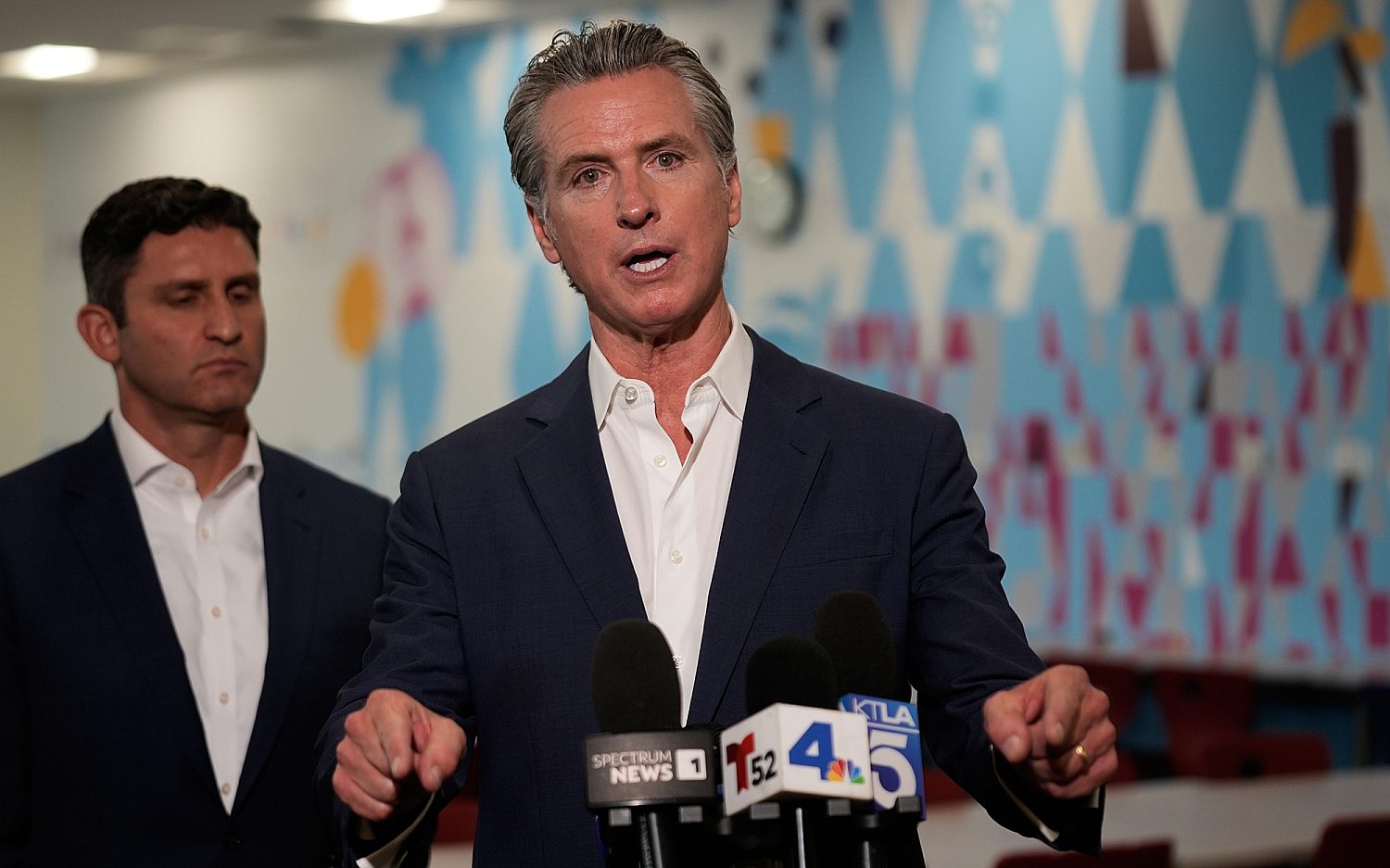Vaccines & Viruses: Proposed vaccine laws nixed in the Northwest
Editor’s note: In an effort to keep our readers informed of the latest developments surrounding the current vaccine controversy, WORLD will post regular updates on vaccine success stories and failures, debate over vaccine exemptions, and the status of vaccine-preventable diseases.
Withdrawn. In Oregon, state Sen. Elizabeth Steiner Hayward decided on Wednesday to abandon a vaccine bill parents have strongly opposed. The bill would have erased Oregon’s options for parents to claim religious, philosophical, or personal exemptions from vaccines for children attending school or day care. Had the bill passed, schoolchildren would have been allowed to skip shots only for medical reasons. A bill to remove philosophical and personal exemptions in the state of Washington also failed on Wednesday. Lawmakers in both states say they will try to introduce similar bills again at a later date. Only two other states, Mississippi and West Virginia, ban all nonmedical exemptions. Lawmakers in California, Vermont, New Jersey, and Maine are considering their own legislation to restrict vaccine exemptions.
Canada data. Researchers in Canada have called for a national database to track individual immunization records. It would be a way of gauging vaccination rates by region. The recommendation comes during a measles outbreak in Quebec that has spread to at least 119 people, all of whom were reported to be unvaccinated. Those cases have been traced to the California Disneyland outbreak that began in December.
Eroding enthusiasm. A Gallup poll found the proportion of Americans who believe childhood vaccines are “extremely important” has declined to 54 percent, down from 64 percent in 2001. Although 84 percent of Americans, according to the poll, still consider vaccines “extremely” or “very” important, enthusiasm for shots has declined while awareness of perceived “disadvantages” has almost doubled. And 6 percent believe certain vaccines cause autism.
American measles. In the United States, the Centers for Disease Control and Prevention, as of March 6, has logged 173 cases of measles since January. The CDC website points out the dangers from measles, including brain damage or hearing loss. The agency states, “For every 1,000 children who get measles, one or two will die from it.” But Andrew Maynard, the director of the University of Michigan Risk Science Center, claims in a blog post that the CDC death rate for measles is likely inflated, because it is based only on reported cases of measles. Not every person who gets measles become ill enough to visit a hospital or doctor, so the actual number of cases is believed to be historically underreported. Maynard did his own analysis and concluded the historical risk of dying from measles in the United States is closer to 1 in 10,000. When scientists use inflated risk figures, Maynard writes, it “only serves to undermine trust in public health experts.” In a 12-minute audio interview, Maynard notes the risk of a child dying from measles is still about 100 times greater than his risk of dying from a vaccine reaction. Maynard helpfully explains how hard it is for humans to weigh risk, and how even scientists struggle to avoid biased thinking. But deaths do occur. In February, an 18-month-old boy died of measles in Germany, where more than 500 cases have been reported since October.
Pharma outlook. Drug maker Pfizer is seeking to expand its share of the vaccine market.
In case you missed it. Last month the Toronto Star published, then retracted, a major story about health ailments and deaths that occurred in girls who received the Gardasil HPV vaccine. A group of doctors complained to the newspaper that no causal link had been proven between Gardasil and the health problems profiled by the Star. And late last year, The Associated Press published an investigative story about the National Vaccine Injury Compensation Program. “The system is not working,” one former U.S. Department of Justice attorney said.
The Associated Press contributed to this report.
An actual newsletter worth subscribing to instead of just a collection of links. —Adam
Sign up to receive The Sift email newsletter each weekday morning for the latest headlines from WORLD’s breaking news team.





Please wait while we load the latest comments...
Comments
Please register, subscribe, or log in to comment on this article.